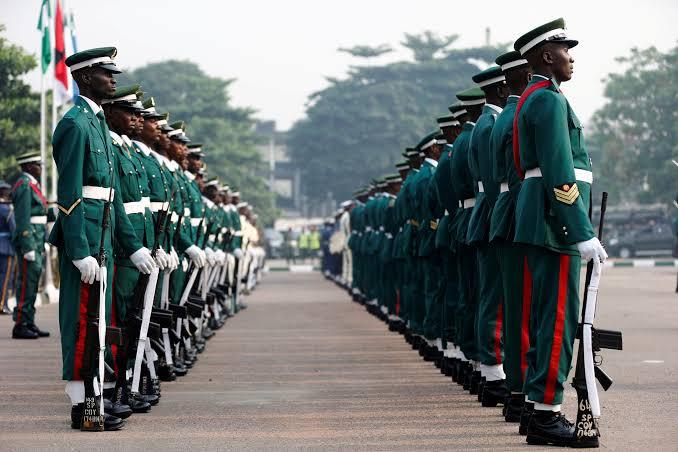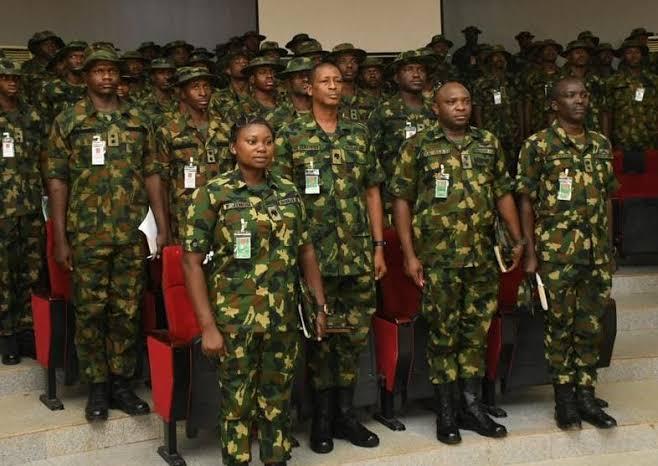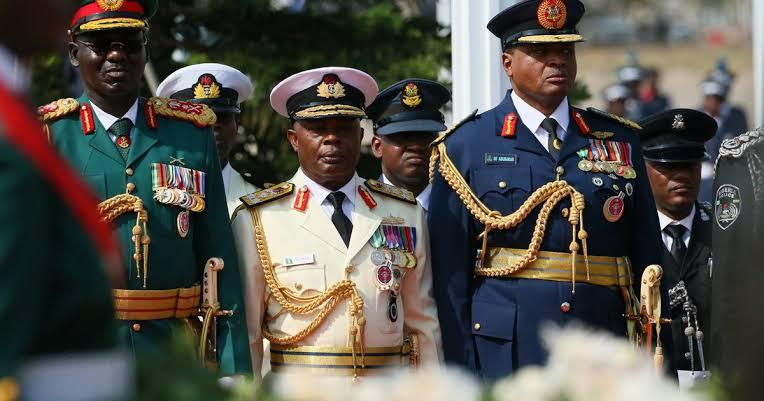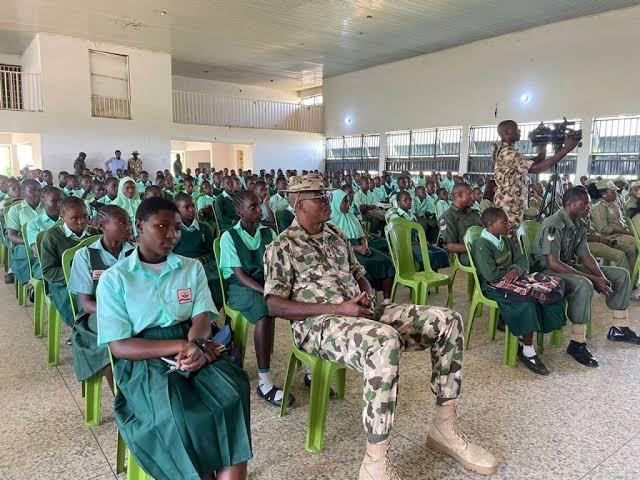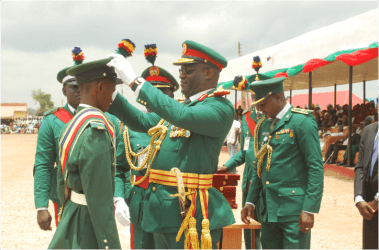Explore Our Bill Payment Services:
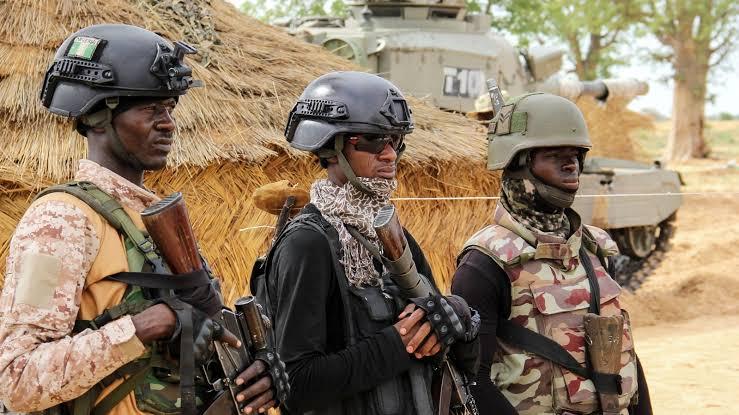
- Military And Defence
- Nigeria
Top 10 Lowest Paid Military & Paramilitary Agencies In Nigeria (2025)
When people think about serving in Nigeria's military or paramilitary forces, many imagine honor, prestige, and good pay. Unfortunately, this is not the reality for many entry-level officers and personnel across the country. In 2025, some of the lowest-paid ranks in Nigeria’s armed and paramilitary forces still earn salaries that barely cover basic living expenses.
This blog highlights the top 10 lowest-paid roles across Nigeria’s military and paramilitary agencies based on recent reports and verified salary data.
Why Salary Matters in National Security
Security officers risk their lives daily to protect the nation. Fair and adequate compensation boosts morale, reduces corruption, and ensures higher standards in service delivery. Sadly, many of Nigeria’s junior officers are still underpaid in 2025.
10 Lowest Paid Military & Paramilitary Jobs in Nigeria (2025)
1. CJTF Volunteers (Civilian Joint Task Force)
-
Monthly Pay: ₦24,500 (Approx. $50)
-
These brave civilians support the Nigerian military in the fight against terrorism, especially in Borno and Yobe States.
-
Only a fraction (about 1,800) of CJTF members receive any monthly allowance.
2. Police Constables – Nigeria Police Force
-
Monthly Pay: ₦19,600 (~$40)
-
As one of the lowest-paid public servants, police constables often face harsh working conditions, limited equipment, and overwhelming responsibilities.
3. Recruit (Nigerian Army)
-
Monthly Pay: ₦50,000–₦60,000
-
These are fresh trainees undergoing military orientation and drills at the Depot Nigerian Army in Zaria.
-
The pay often excludes field allowances or risk benefits.
4. Private (Nigerian Army)
-
Monthly Pay: ₦48,000–₦49,000
-
This is the first official rank after training. It carries the burden of most ground combat duties, yet remains poorly compensated.
5. Police Inspector Cadet (Low Grade)
-
Monthly Pay: ₦43,000–₦49,000
-
New police inspectors in training receive stipends lower than many military privates.
6. Lance Corporal (Nigerian Army)
-
Monthly Pay: ₦70,000–₦75,000
-
Slightly higher than privates, lance corporals have supervisory responsibilities with minimal pay difference.
7. Corporal (Nigerian Army)
-
Monthly Pay: ₦75,000–₦80,000
-
Still among the lower-tier earners, corporals take on more responsibility but remain underpaid.
8. Sergeant (Nigerian Army)
-
Monthly Pay: ₦85,000–₦90,000
-
Although slightly better than the lower ranks, the salary is still modest considering the role's risks and duties.
9. Civilian Staff (Defence Intelligence Agency)
-
Monthly Pay: Below ₦35,000 (withheld increment)
-
Reports in 2025 revealed that some civilian DIA staff were denied the ₦35,000 presidential wage adjustment introduced by the Tinubu administration.
10. Paramilitary Cadets (Training Phase)
-
Monthly Pay: ₦40,000–₦55,000
-
Cadets in agencies like the Nigeria Security and Civil Defence Corps (NSCDC) or the Federal Fire Service often earn very little during their training period.
Comparison Table: Lowest Paid Ranks (2025)
| Rank/Role | Agency | Estimated Monthly Pay |
|---|---|---|
| CJTF Volunteer | Civilian Task Force | ₦24,500 |
| Police Constable | Nigeria Police Force | ₦19,600 |
| Police Inspector Cadet | Nigeria Police Force | ₦43,000–₦49,000 |
| Recruit | Nigerian Army | ₦50,000–₦60,000 |
| Private | Nigerian Army | ₦48,000–₦49,000 |
| Lance Corporal | Nigerian Army | ₦70,000–₦75,000 |
| Corporal | Nigerian Army | ₦75,000–₦80,000 |
| Sergeant | Nigerian Army | ₦85,000–₦90,000 |
| Civilian Staff | Defence Intelligence Agency | Below ₦35,000 |
| Paramilitary Cadets | NSCDC/Fire/Immigration | ₦40,000–₦55,000 |
Why This Matters
-
Low pay fuels corruption: Underpaid officers may turn to illegal activities to survive.
-
Morale is affected: When officers earn less than minimum wage, it leads to low productivity and dissatisfaction.
-
National security suffers: A poorly paid security workforce cannot be motivated to protect lives and property effectively.
Conclusion
In 2025, while some security agencies in Nigeria have revised their salary structure, many entry-level personnel in the military and paramilitary are still struggling financially. From CJTF volunteers to army recruits and police constables, the pay disparity raises serious concerns about welfare, motivation, and professionalism in Nigeria’s security sector.
